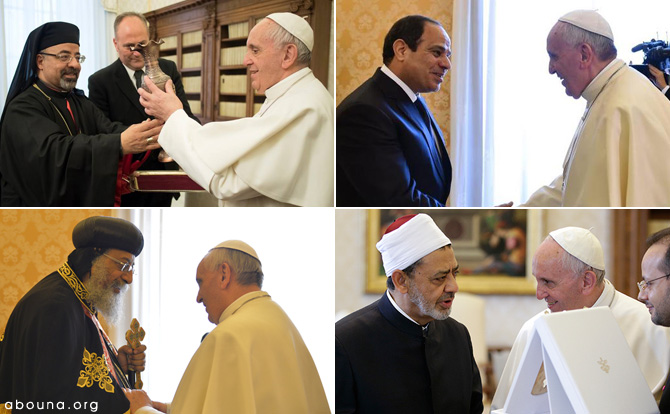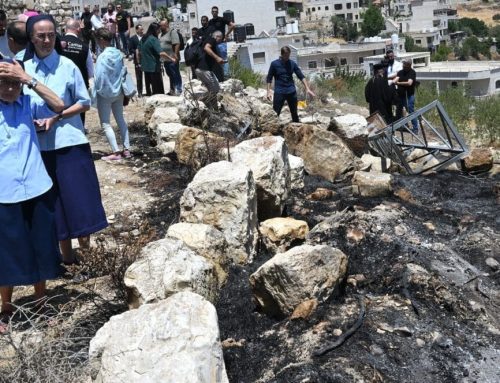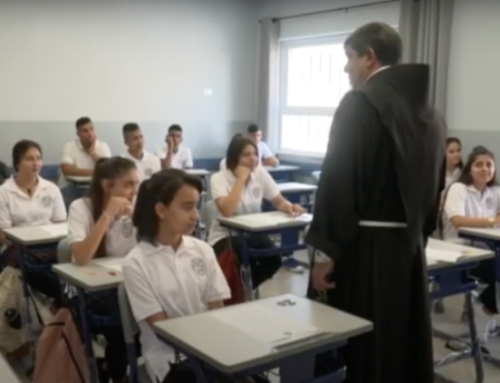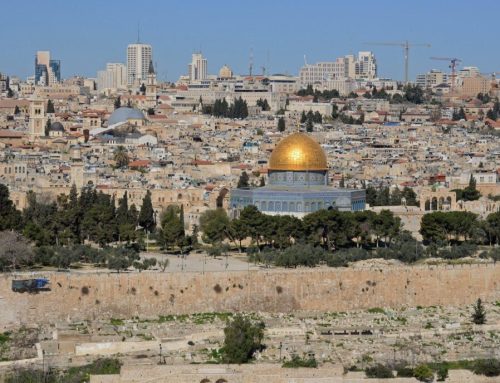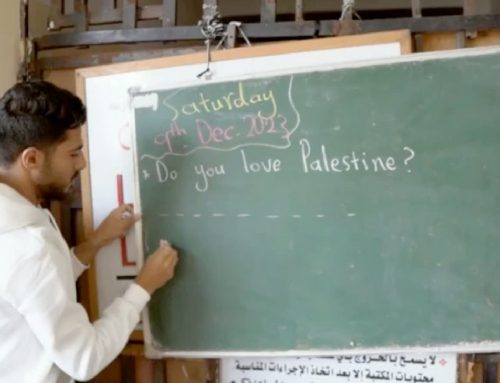The Holy See has officially announced that Pope Francis will visit the Arab Republic of Egypt in late April, making the first visit to this fraternal Arab country and the second to the Middle East, following his visit to the Holy Land (Jordan and Palestine) in 2014.
The trip schedule has not been published, but the Vatican spokesman announced, in a brief statement, that the visit will take place on April 28-29. The statement added that the visit is in response to an invitation (or rather invitations) by President Abdul Fattah Sisi, Patriarch for the Coptic Catholic Church in Egypt,Ibrahim Ishaq, Pope of Alexandria and Patriarch of the See of St. Mark, Pope Tawadros II, as well an invitation by Grand Imam of the Mosque of Al-Azhar Sheikh Ahmad Muhammad Tayyib.
The first point relevant to Pope Francis’ visit is that he does withhold any effort to defend human dignity and extend bridges of cooperation and construction. Egypt and the Vatican have diplomatic relations that date back to August 23, 1947. In other words, this visit coincides with the 70th anniversary of the relations which have been characterized by friendship and cooperation despite some lukewarmness which prevailed in the past years caused by political changes that took place in the region.Pope John Paul II visited Egypt in 2000, the year of the grand jubilee, marking the start of his pilgrimage to the holy places where he visited Iraq (spiritually), the home of our father Abraham, the father of all the faithful. Then he proceeded to visit its churches and the Sinai Peninsula. In the following month he visited the Holy Land starting with Jordan.
The second point is that the Pope will visit the spiritually and morally affiliated Catholic Church which is headed by a Coptic Catholic patriarch. This Church has an apostolic vicariate for the Latin, as well as the Roman Catholic, Maronite, Chaldean, Armenian, and Catholic Syriac churches. Despite the fact that these churches do not have numerous followers, they have huge cultural and spiritual influence particularly in their schools, institutions and hospitals. The visit by the head of the Catholic Church will be a source of encouragement and a promotion of its mission.
The third point of the visit is that it comes as a response to the invitation by the head of Mark Orthodox Church, which is the largest church in Egypt. Following the visit undertaken by Pope Tawadros II to the Vatican two years ago and the announcement made to mark May 10 every year as a day of friendship, the two fraternal Churches have entered a serious phase of cooperation and love. These relations are subject to unitary efforts represented particularly in the unification of Easter celebrations.
Fourth, the visit is a response to an invitation by the grand imam of Al-Azhar. It is an opportunity to enhance understanding, cooperation, and mutual respect as well as transfer these feelings through them to Christians and Muslims worldwide. At these times,we badly need outstanding relations to fight the extremism and terrorism that plague the region.
A fifth and basic point may be added, namely prayer from Egypt, the heart of the Middle East, for the attainment of justice and peace not only in the region but in the entire world. The Pope stated at the Amman International Stadium three years ago that, “Peace is not something which can be bought; it is a gift to be sought patiently and to be ‘crafted’ through the actions, great and small, of our everyday lives. The way of peace is strengthened if we realize that we are all of the same stock and members of the one human family; if we never forget that we have the same heavenly Father and are all his children, made in his image and likeness.”
Best wishes to dear Egypt for this honorable visit abounding with significance.
By Fr. Rifat Bader
Source: Abouna.org

